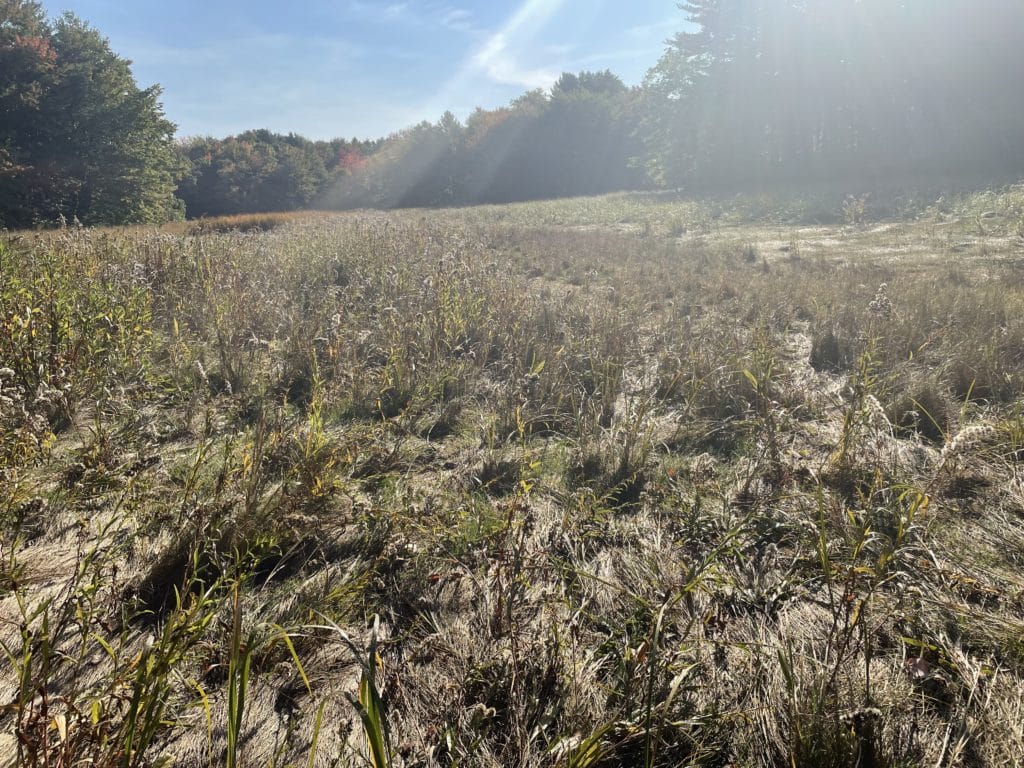
Today is Indigenous Peoples’ Day. Today, we honor and celebrate the cultures and contributions of indigenous people and communities throughout what is now called Maine and beyond. We must also acknowledge and address the pervasive and systemic injustice indigenous people have endured since our continent was first “discovered” and colonized by Europeans, and our own part in perpetuating colonization and oppression today. Today, we will acknowledge hard truths, commit to being better, and celebrate some important teachers and friends.
For ten thousand years the Passamaquoddy, Penobscot, Mi’kmaq, Maliseet, and Abenaki people have lived and flourished in places we now call “ours.” These sovereign peoples formed a kinship and confederacy called the Wabanaki, or People of the Dawnland. European colonizers trapped indigenous Mainers inside imaginary boundaries and lumped them together into a single race; systematic oppression, abuse, and erasure still occur and is evident today.
Land conservation, stewardship, and natural history education are part of Maine Audubon’s core mission—but those have also been tools for colonization. Land has been stolen, and new values and restrictions have been foisted on communities whose ancestors had lived sustainably for a hundred generations. We erase and overwrite traditional ecological knowledge by teaching the “discoveries” of colonizer botanists and naturalists, and by prioritizing identification, classification, and valuation when we teach our kids about nature.
Fortunately, we, and those who advise us, are waking up to the many insidious impacts of colonization, and we’re all working together to do better. Wabanaki traditional ecological knowledge is the greatest model for ecological understanding and connection, and for creating ambassadors and caretakers of the natural world. That is everything Maine Audubon tries to do and be.
While we are outwardly committed to doing this important decolonizing work, we’re using the work holiday today as an opportunity to reflect, learn, and grow a little inwardly and individually. We encourage all of Maine Audubon’s members and friends to read, listen, and participate with us and our Wabanaki leaders and partners. In honor of Indigenous Peoples’ Day, here are some things we’ll be doing, and we invite you to join us:
 Tuning in to the virtual rally for Tribal Sovereignty: Tune in on Facebook from 10 am to 12 pm today to join Wabanaki leaders, Maine conservation leaders, and others to learn about this important discussion for all Mainers.
Tuning in to the virtual rally for Tribal Sovereignty: Tune in on Facebook from 10 am to 12 pm today to join Wabanaki leaders, Maine conservation leaders, and others to learn about this important discussion for all Mainers.
Reading First Blade of Sweetgrass and gifting it to a family, school, or library: We’re thrilled about the publication of First Blade of Sweetgrass, a new illustrated children’s book by Suzanne Greenlaw and Gabriel Frey. Suzanne’s research and teaching about Sweetgrass and Brown Ash is influencing the access to and stewardship of certain species and lands. Gabe is a renowned basketmaker and educator. Separately and together, they are incredible teachers and leaders, and we couldn’t be more thrilled to add this book to our list of favorite books for Maine families.
Honoring John Banks: John Banks recently retired as the longtime Natural Resources Director for the Penobscot Nation. John’s accomplished career literally spanned generations, nations, cultures, and watersheds. He was central to the seminal Penobscot River Restoration Project, and too many other conservation successes to name. John is also an ardent supporter of environmental education for youth, and he has been an incredible ambassador for traditional ecological knowledge and Western science. We will miss him deeply in his tribal government role, but can’t wait to see what he’ll be up to next.
Learning about Wabanaki land loss and what’s being done to address it: Forty-one years ago yesterday, President Jimmy Carter signed the historic Maine Indian Claims Settlement Act, which settled lawsuits brought by groups led by the Passamaquoddy Nation. Learn more about that controversial legislation here, more about historic and ongoing struggles for Wabanaki land rights here, and about a new land trust focused on conserving indigenous lands. Maine Audubon supports tribal sovereignty and we stand with Wabanaki and other indigenous people in supporting their communities, their culture, and their right to self-determination.
Join us in honoring our Wabanaki friends and neighbors, and all indigenous peoples, today!
Photo (above): Salt marshes, like this one at Gilsland Farm where Sweetgrass grows, are among Maine’s most imperiled habitats, with threats such as development, climate change, and invasive species. Those marshes that are conserved often forbid foraging or prohibit indigenous access.
